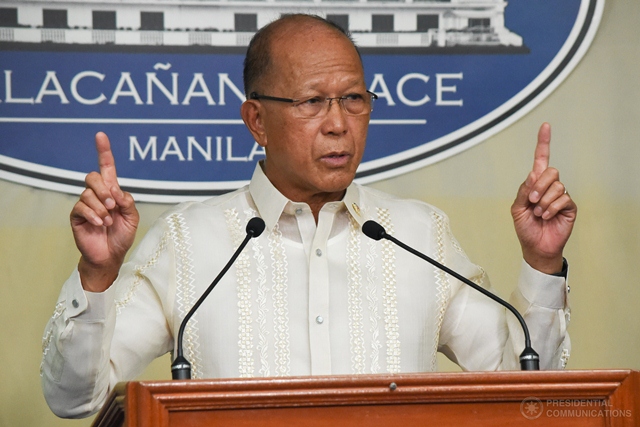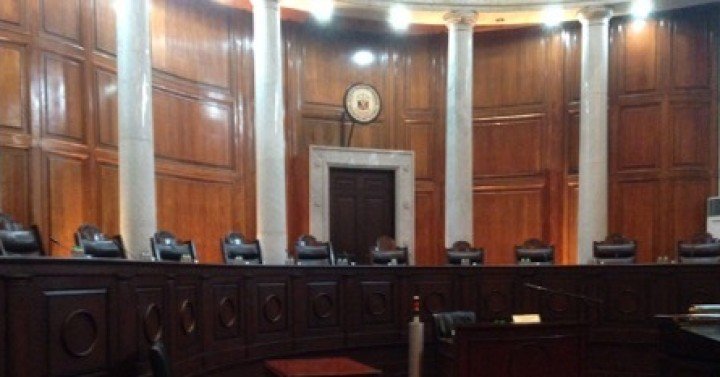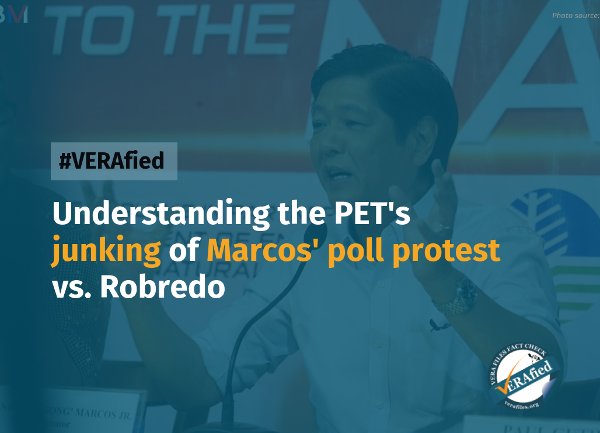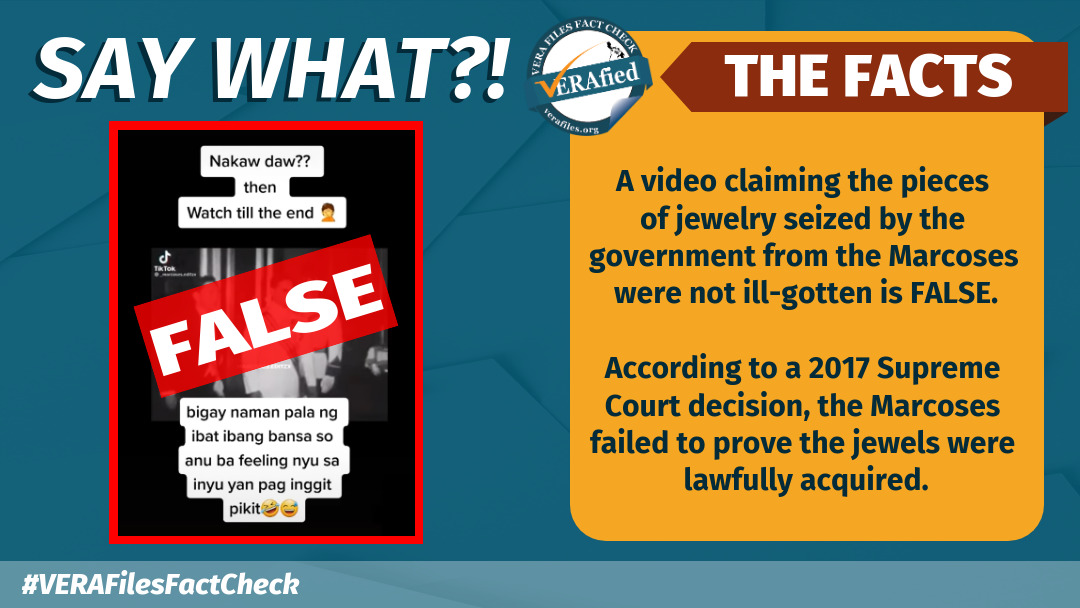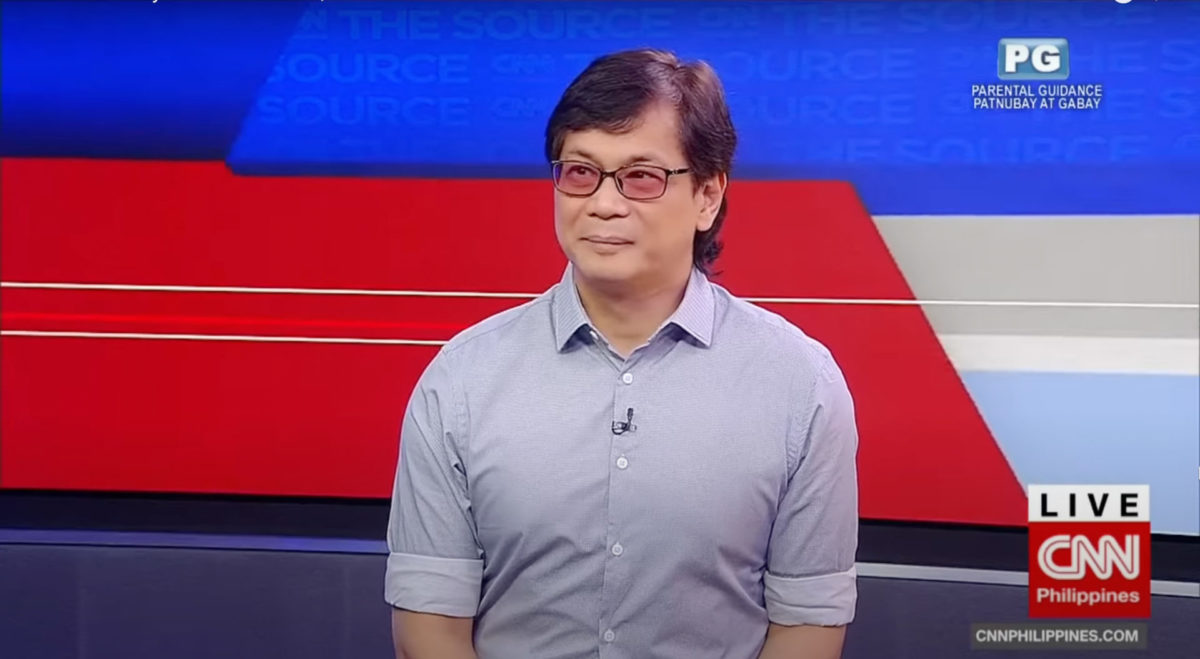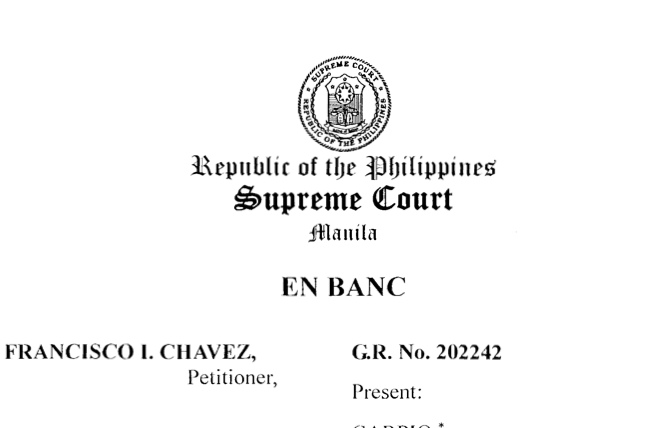
By LALA ORDENES
CONGRESS is entitled to only one vote in the Judicial and Bar Council (JBC).
In a 7-2 decision with five abstentions, the Supreme Court on July 17 declared the current practice of allowing members from both the Senate and the House of Representatives to participate and vote in JBC’s proceedings unconstitutional.
The High Court also ordered the JBC to “reconstitute itself” so that only one member of Congress could sit in the deliberations of the council that vets nominees to the judiciary.
Citing the doctrine of separation of powers as the main reason for its decision, the court said Congress should be considered as one body and treated as another co-equal branch of the executive and judicial branches of government with respect to its representation in the JBC.
The court cited the analysis of retired Justice and now JBC consultant Consuelo Ynares-Santiago in the comment submitted to it by the JBC.
Ynares-Santiago said the ex-officio members of the JBC consist of representatives from the three main branches of government: the Chief Justice representing the judiciary, the Secretary of Justice as representative of the executive branch, and “a representative of Congress” for the legislative branch.
The court, following Ynares-Santiago’s argument, said there could be no other conclusion to be had but to treat each ex-officio member as representing one co-equal branch of government with each having equal say in the choice of judicial nominees.
“The representatives of the Senate and the House of Representatives act as such for one branch and should not have any more quantitative influence as the other branches in the exercise of prerogatives evenly bestowed upon the three,” Ynares-Santiago added.
The current practice is for Congress to have two votes, one each for both Houses of Congress. Sen. Francis Escudero sits for the Senate and Rep. Niel Tupas for the House of Representatives.
The court also used the rules in statutory construction and looked into the records of the 1986 Constitutional Commission (ConCom) in arriving at its decision.
The court noted that Section 8, Article VIII of the Constitution, which created the JBC, refers to the use of the singular letter “a” preceding “representative of Congress,” leaving “no room for any other construction” but to designate only one representative of Congress to the JBC.
Even a perusal of the ConCom records would reveal that the intent of the framers of the Constitution is for JBC to limit its membership to seven, the court said. This seven-member composition of the JBC serves a practical purpose of providing a solution should there be a stalemate in voting, the court added.
In his dissent, Associate Justice Roberto A. Abad said sticking to the literal reading of Section 8, Article VIII would deny Congress of its representation in the JBC.
Abad said since the representative from Congress is ex-officio, or by reason of one’s office or position, no one is qualified to sit as the legislative branch’s representative to the JBC because there is no such person ”holding office in Congress and working under both houses.”
Associate Justice Mariano C. Del Castillo agreed with Abad.
Former Solicitor-General Francisco Chavez filed the petition as a citizen and taxpayer who has been nominated to the position of Chief Justice. Chavez did not accept his nomination.
Associate Justice Jose Catral Mendoza penned the decision for the court. The four justices who are nominees to the chief justiceship took no part in the voting. They are, Senior Associate Justice Antonio T. Carpio, Associate Justices Presbitero J. Velasco, Jr., Teresita J. Leonardo-De Castro, and Maria Lourdes P.A. Sereno.
Associate Justice Arturo D. Brion is on leave and took no part.
The High Court treated the constitutional challenge as a “matter is of extreme urgency” since the deadline for choosing the next Chief Justice is fast approaching.
The highest judicial post in the land was vacated on May 29 when the Senate handed down its guilty verdict in the impeachment case against former Chief Justice Renato C. Corona.
The Constitution provides that any vacancy in the Supreme Court must be filled within 90 days from its occurrence.
Until the Estrada presidency, the two members of Congress who sat in the JBC would take turns attending meetings and taking part in the selection and voting for nominees to be submitted to the President. The setup changed in 2001 when they were given one vote each. This effectively increased the membership of the council to eight and the number of majority votes from four to five.
Read the full decision:
GR No. 202242, Chavez v. JBC, July 17, 2012
Read the dissenting opinion:
Associate Justice Roberto A. Abad’s Dissenting Opinion to GR No. 202242, Chavez v. JBC
